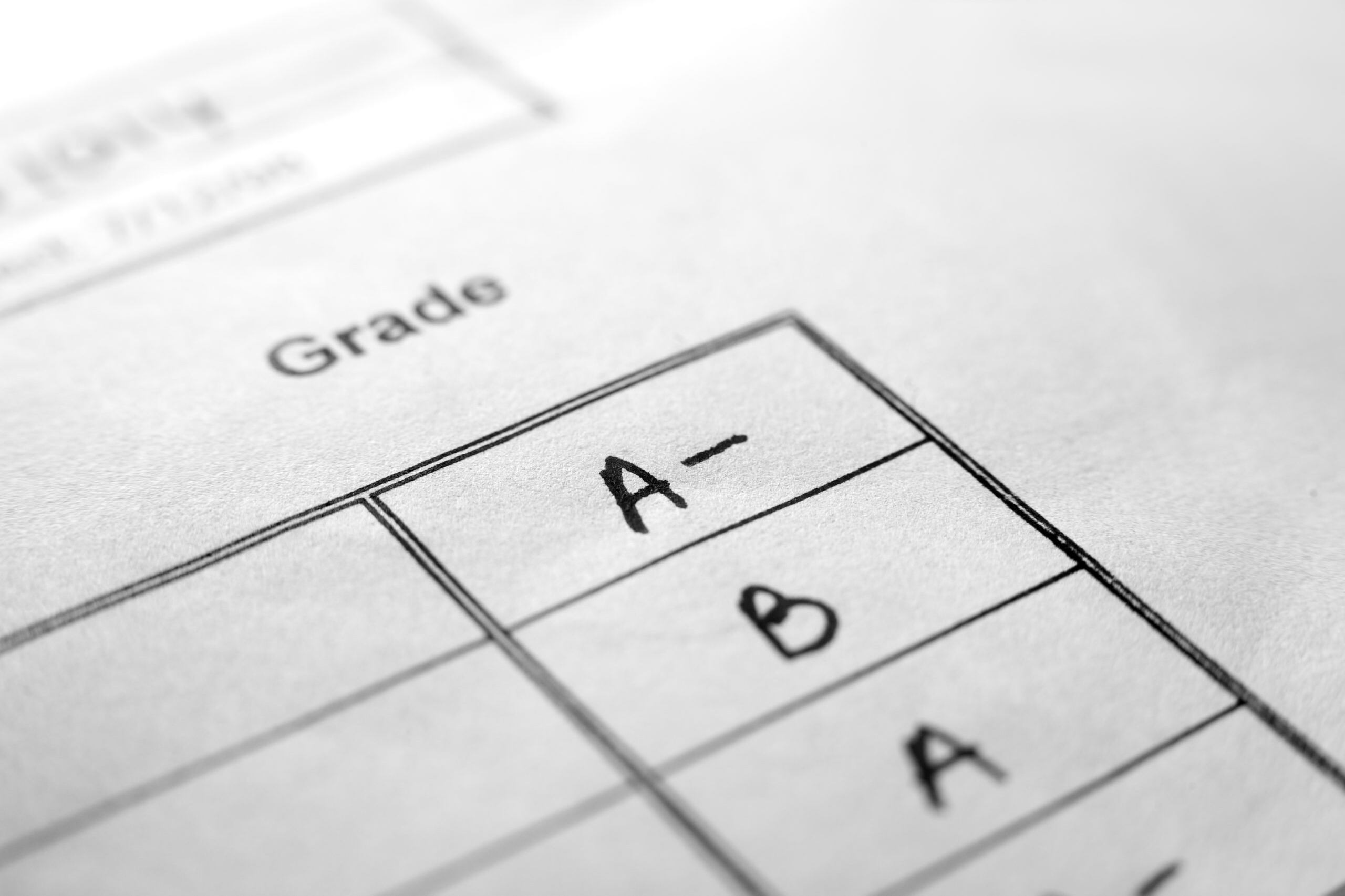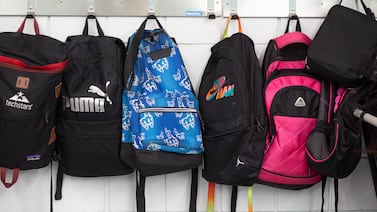In the same week students were due to get fourth-quarter progress reports, Chicago senior Zachary Vanderslice asked the state’s school board to reexamine the city’s grading policy, which he said was too strict and offered little support to students struggling with technology access or the stress of the coronavirus pandemic.
“There is no reason to add further burden upon a student body already riddled with the pressures of schooling,” Vanderslice, a senior at Walter Payton College Prep High School, said Wednesday. “As stated by this board, the goal of remote learning is not to add stress to maintain learning. Arbitrarily, adding strict grading requirements only adds stress.”
The students said the policy is flawed because it asks teachers to grade students who turn in assignments digitally. Students who rely on school-issued paper packets — whether that’s because of problems with tech access or device availability — may only receive a pass.
A pass won’t affect a student’s final grade point average, Chicago school leaders have said, which will be based on cumulative grades throughout the year. What’s more, students who do receive grades will only keep or improve their grades from the previous quarter.
But some students worry that a pass on a transcript could be a red flag for college admissions officers.
“That pass is a penalty,” said Finley Williams, a junior at Lane Tech College Prep, among the teenagers from multiple schools who have started a petition to organize around the issue. “I should not be penalized for not being able to perform as well as when I was in a classroom and had my teachers.”
Students who fail or who don’t participate receive an incomplete, flagging them for summer school or credit recovery.
Six students testified Wednesday by calling into a virtual meeting of the state school board. They asked the board to condemn Chicago’s current grading policy.
Whether to grade students during a pandemic — and how to approach it in cities like Chicago where an estimated one in five students are estimated to have lacked broadband access as of April — has been a critical issue for school districts across the country. Some teachers have argued that grades provide essential motivation for students to participate, while others have seen them as penalties.
Illinois’ guidance differs from the city’s.
The state advises districts to maintain a student’s grade as of March 17, when Illinois shuttered in-person learning due to the coronavirus pandemic. The guidance from the state school board says that districts may adopt pass/incomplete grading methods, but they should not harm students.
The state’s guidance is a recommendation. District leaders have leeway to design their own policies.
The state’s largest charter network, Noble Charter Network, has said it will automatically pass all students, and make any grades provisional until January.
According to Chicago’s policy, no student can receive a fourth-quarter grade that falls below a third-quarter grade. But students can receive a pass in lieu of a grade, or an incomplete. The students lobbying for change want Chicago to move to a model similar to the state’s, where a student essentially earns the same grade as prior to the school closures. Incompletes would be given only to students who were failing prior to the closures.
The students said they also have left messages with Chicago schools chief Janice Jackson’s office.
On Wednesday, members of the board said that they were inspired by the students’ speeches,
“I’d have to agree with the students,” said Cristina Pacione-Zayas, a state school board member from Chicago. “We have to think outside of the box, in terms of how we support and cannot apply the same kind of frame or expectations.”
The state school superintendent, Carmen Ayala, said that she would discuss the issue with Chicago Public Schools.
“I will certainly have a conversation with Chicago Public Schools to try to better understand how they came to their particular grading policy,” she said. “But it is a local decision. We have a school code that says the setting of grading policy is a local decision.”








